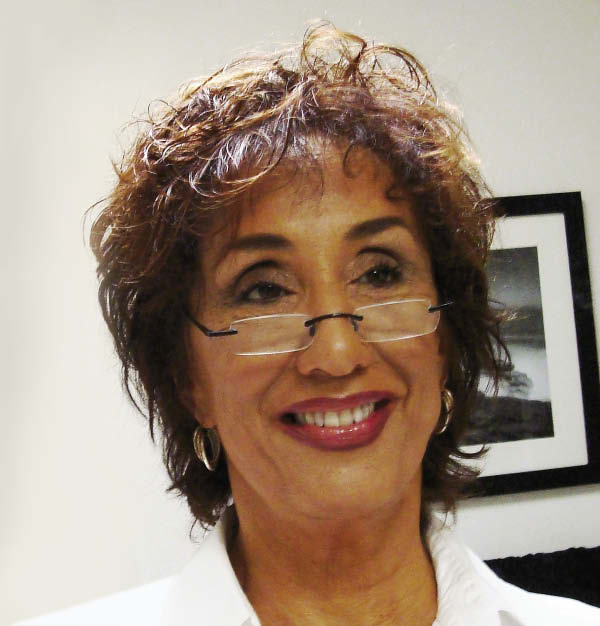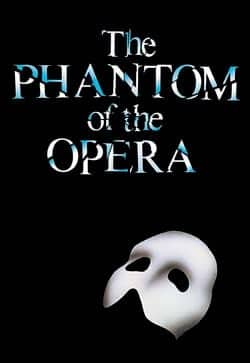By Joyce Sunila
Last week PBS aired the 25th Anniversary performance of The Phantom of the Opera in London. I’ve watched it about 25 times since then.
I cry every time.
The story reminds me that every culture has hidden their “freaks of nature” away, feared them, accused them, exiled them and cast them into dungeons, belfries and any other cold and drafty place they could find.
The fear of ugliness is as old as society, and it’s caused untold psychic harm to people whose only crime was being born with faulty DNA.
The love of beauty is equally as old. In fact, it may be even older. It goes all the way back to our primate ancestors. Do you know what chimpanzees in the wild spend 90% of their time staring at their tribe’s alpha male and female.
There’s no “survival” value to this. Alphas can’t detect danger any faster than other members of the tribe. Like homo sapiens, chimps are besotted by beauty.
This primal urge explains celebrity culture, paparazzi and the tabloids. It explains why statues of perfect men and women decorated the public spaces of ancient Greece and Rome. Human beings’ appetite for ogling the alphas is insatiable.
In fact, when you think about the monumental role beauty has played in our history, it’s a puzzle that plastic surgery is still stigmatized in certain circles. How could anyone criticize anyone else for doing whatever’s necessary to get more of this magical fairy dust?
This desire can’t be quashed, even though new ways of creating beauty will always be met with resistance. You see it over and over. Prudes opposed make-up when it was first marketed. Hair dye took a battering, too. And look where those are today.
Cosmetic surgery is headed up the same curve. Before long, what you do will be as common as investing in a new wardrobe. While others tremble at the looming monster of progress, your niche will stay secure and your skills will be prized.
About the author






